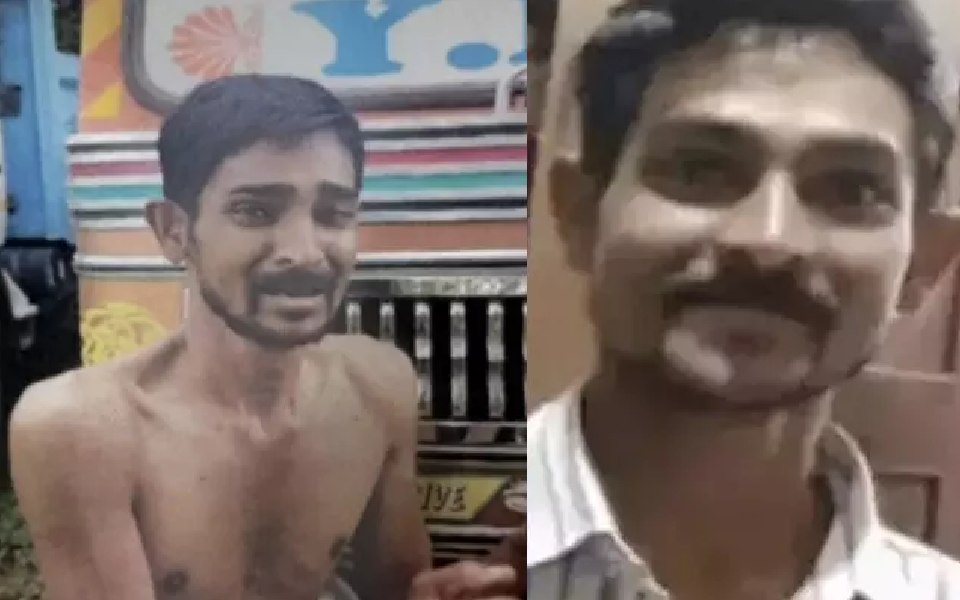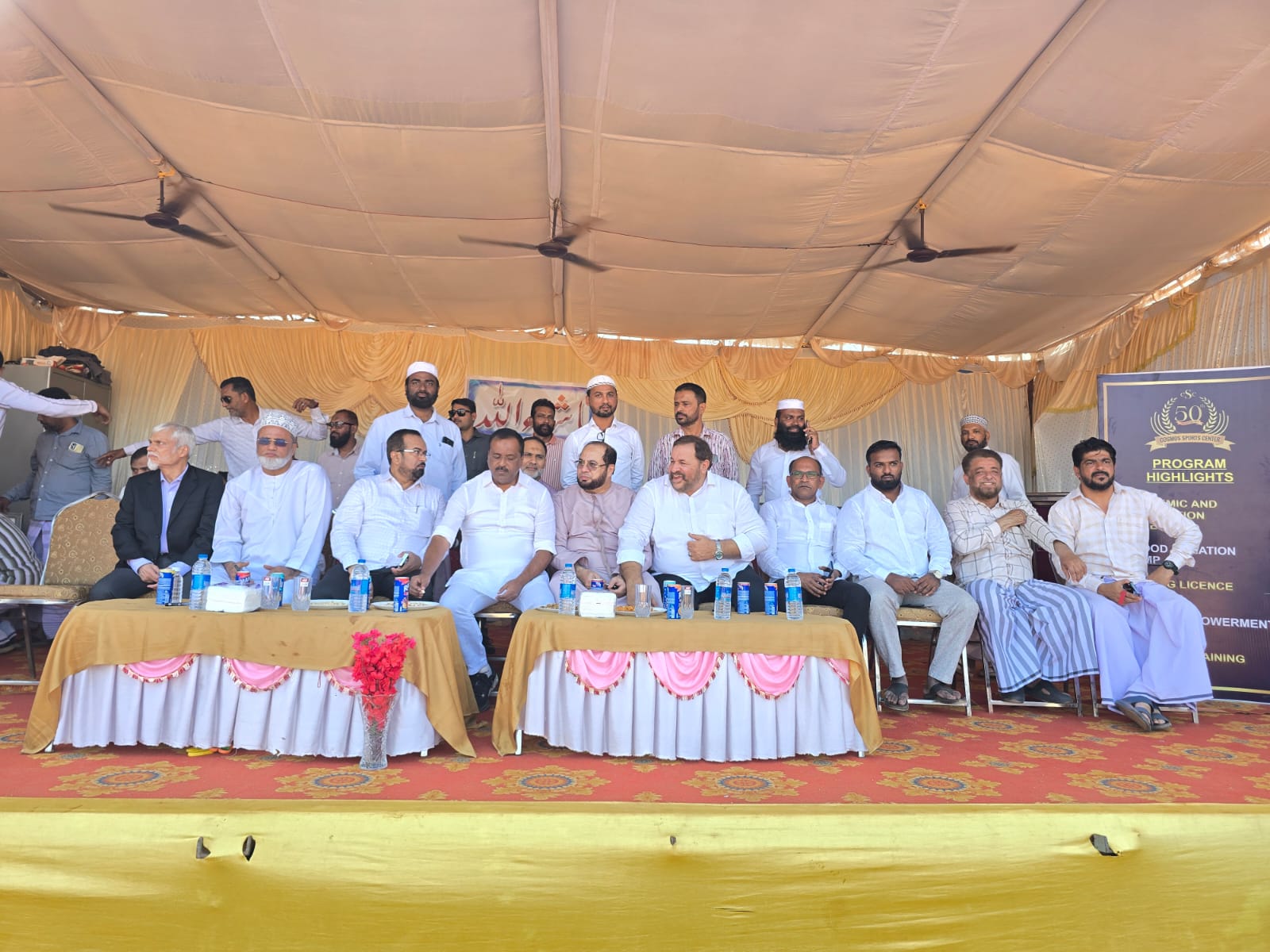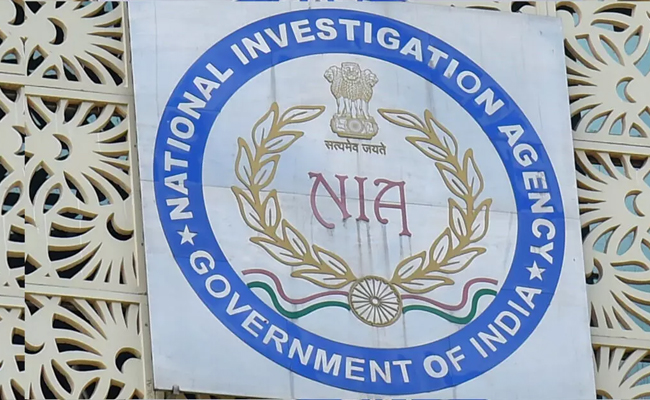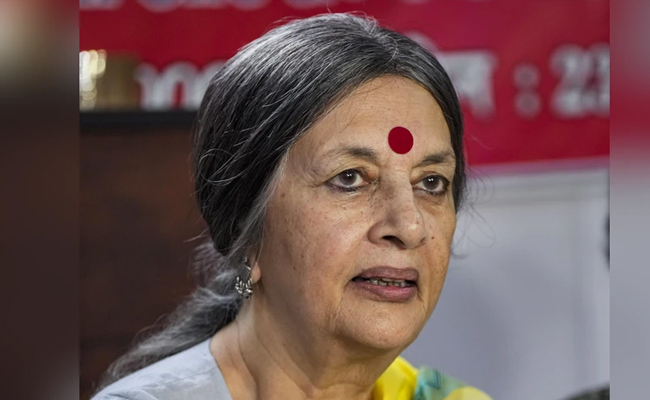Bengaluru, Sep 5: A day after police filed a chargesheet against Kannada actor Darshan Thoogudeepa and other accused in the Renukaswamy murder case, a photograph of the victim pleading for life emerged on social media on Thursday.
"Fear writ large on a shirtless Renukaswamy’s face as he stared at the camera, the image is a tell-tale about the trauma he endured as he was given a torturous death," a police official said, adding, several injury marks are also seen all over his body.
In another picture, the victim is seen lying on the ground near a parked truck.
According to police sources, he was beaten up with clubs, given electric shock in his private parts, and thrown against the wall leading to multiple fractures.
The chargesheet filed on Wednesday has the forensic report which confirms that Renukaswamy’s blood stains were found on Darshan’s clothes, the sources said.
ALSO READ: Renukaswamy murder case accused asks Karnataka HC bench not to shift him to Hindalaga jail
Darshan along with his friend Pavithra Gowda and 15 others, who are accused in the case, are currently under judicial custody in different prisons in the state.
According to police sources, 33-year-old Renukaswamy, a fan of the actor, had sent obscene messages to Pavithra, which enraged Darshan, allegedly leading to his murder. His body was found near a stormwater drain next to an apartment in Sumanahalli here on June nine.
Raghavendra, one of the accused who is part of Darshan's fan club in Chitradurga, had brought Renukaswamy to a shed in R R Nagar here, on the pretext that the actor wanted to meet him. It was in this shed that he was allegedly tortured and murdered.
According to the post-mortem report, Renukaswamy, a native of Chitradurga, died due to shock and haemorrhage as a result of multiple blunt injuries.
Police sources said Pavithra, who is accused number one, was the "major cause" for Renukaswamy’s murder, claiming that it has been proved from the probe that she instigated other accused, conspired with them, and took part in the crime.
Let the Truth be known. If you read VB and like VB, please be a VB Supporter and Help us deliver the Truth to one and all.
Mumbai (PTI): In view of Argentine superstar footballer Lionel Messi's visit to Mumbai on Sunday, the city police are implementing stringent security measures, like not allowing water bottles, metals, coins inside the stadiums and setting up watchtowers to keep an eye on the crowd, officials said.
The police also said taking extra care to avoid any stampede-like situation and to prevent recurrence of the chaotic situation that unfolded in Kolkata during Messi's visit on Saturday as thousands of fans protested inside the Salt Lake stadium here after failing to catch a clear glimpse of the football icon despite paying hefty sums for tickets.
Messi is expected to be present at the Cricket Club of India (Brabourne Stadium) in Mumbai on Sunday for a Padel GOAT Cup event followed by attending a celebrity football match. He is expected to proceed to the Wankhede Stadium for the GOAT India Tour main event around 5 pm.
"In view of Lionel Messi's visit to Mumbai, the police are geared up and have put in place a high level of security arrangements in and around the stadiums located in south Mumbai. Considering the chaos that prevailed in Kolkata and the security breach, we have deployed World Cup-level security arrangements at Brabourne and Wankhede stadiums," an official said.
Expecting heavy crowd near the stadiums during Messi's visit, the city police force has deployed more than 2,000 of its personnel near and around both the venues, he said.
As the Mumbai police have the experience of security 'bandobast' during the victory parade of ICC World Cup-winning Indian team and World Cup final match at the Wankhede Stadium, in which over one lakh cricket fans had gathered, we are prepared to handle a large crowd of fans, he said.
"We are trying to avoid the errors that occurred in the past," the official said.
There is no place to sneak inside the stadiums in Mumbai like the Kolkata stadium, according to him.
The police are also asking the organisers to provide all the required facilities to the fans inside the stadium, so that there will be no chaos, he said, adding the spectators have purchased tickets in the range of Rs 5,000 to 25,000. After paying so much of amount, any spectator expects proper services, while enjoying the event, he said.
The police are expecting 33,000 spectators at the Wankhede Stadium and over 4,000 at Brabourne Stadium. Besides this, more than 30,000 people are expected outside and around the stadiums just to have a glimpse of the football sensation, he said.
The organisers responsible for Messi's India visit recently came to Mumbai to discuss security arrangements. During the meeting, the Mumbai police asked them not to take the event lightly, according to the official.
After those requirements were fulfilled, the final security deployment was chalked out, he said.
Police has the standard procedure of the security arrangements inside the Wankhede Stadium, where people are barred from taking water bottles, metals objects, coins. Police are setting up watch towers near the stadiums and there will be traffic diversions, so that there is maximum space available to stand, according to the official.
Police are also appealing to the spectators to use public transport service for commuting and avoid personal vehicles to reach south Mumbai.
To avoid any stampede-like situation, police are also taking precautionary measures and will stop the fans some distance ahead of the stadium and public announcement systems will be used to guide the crowd. Barricades will be placed at various places to manage the crowd.
In case the crowd swells up beyond expectation, the police will divert people to other grounds and preparations in this regard underway, he said.
Additional police force has been deployed in south Mumbai to tackle any kind of situation, he said.





